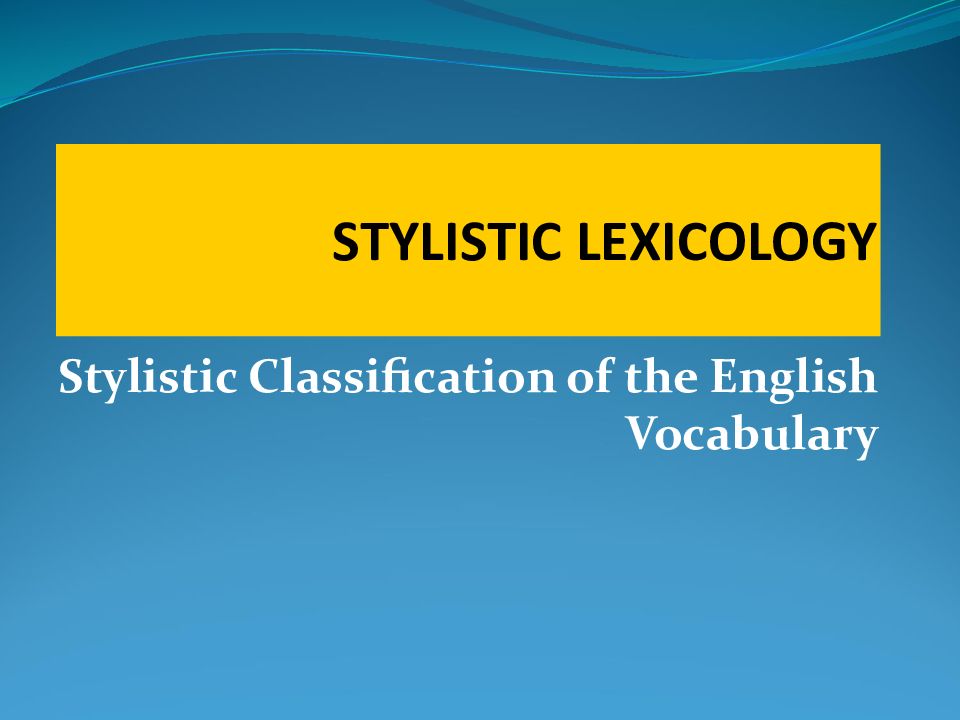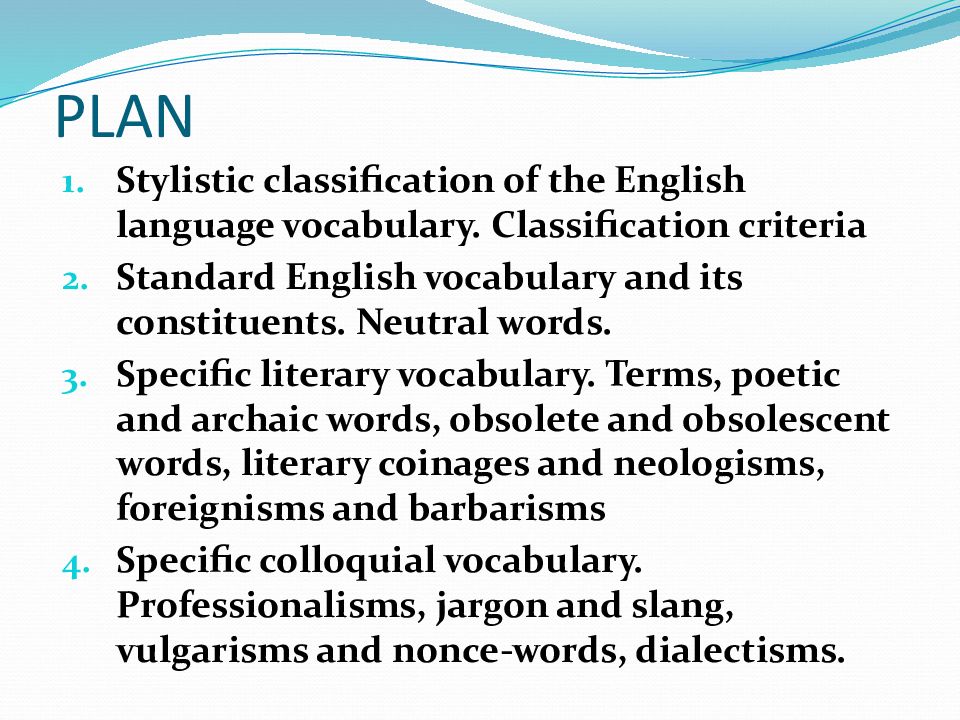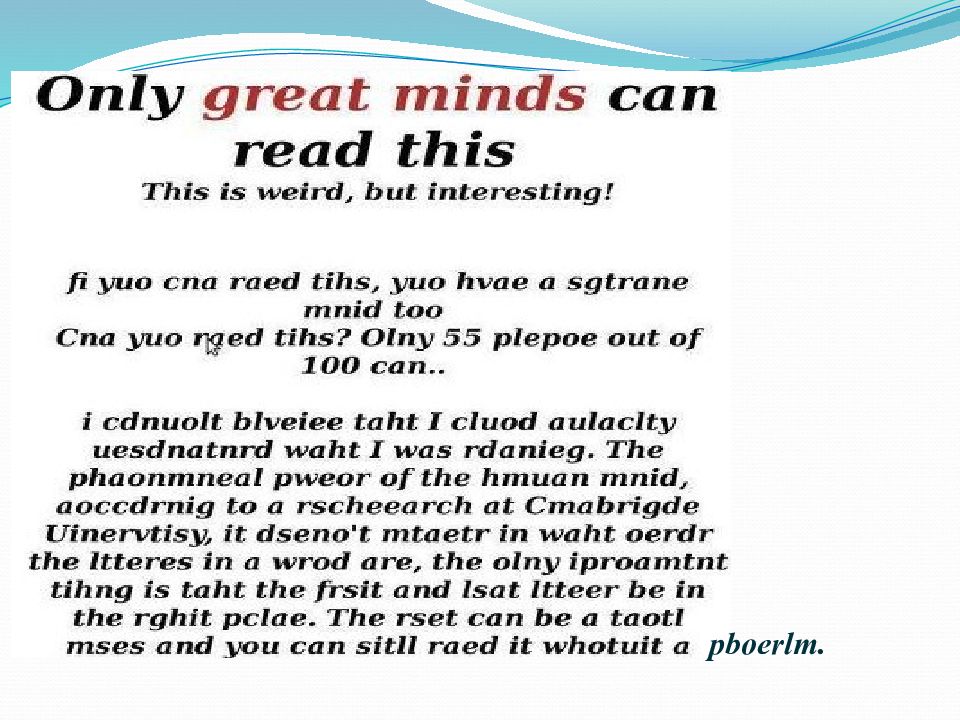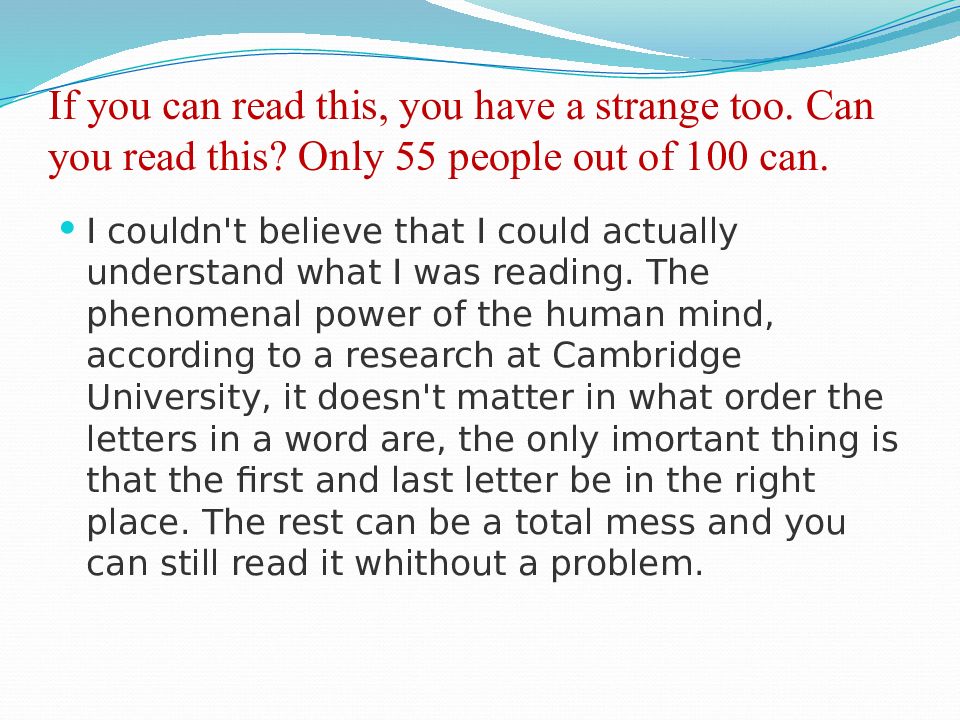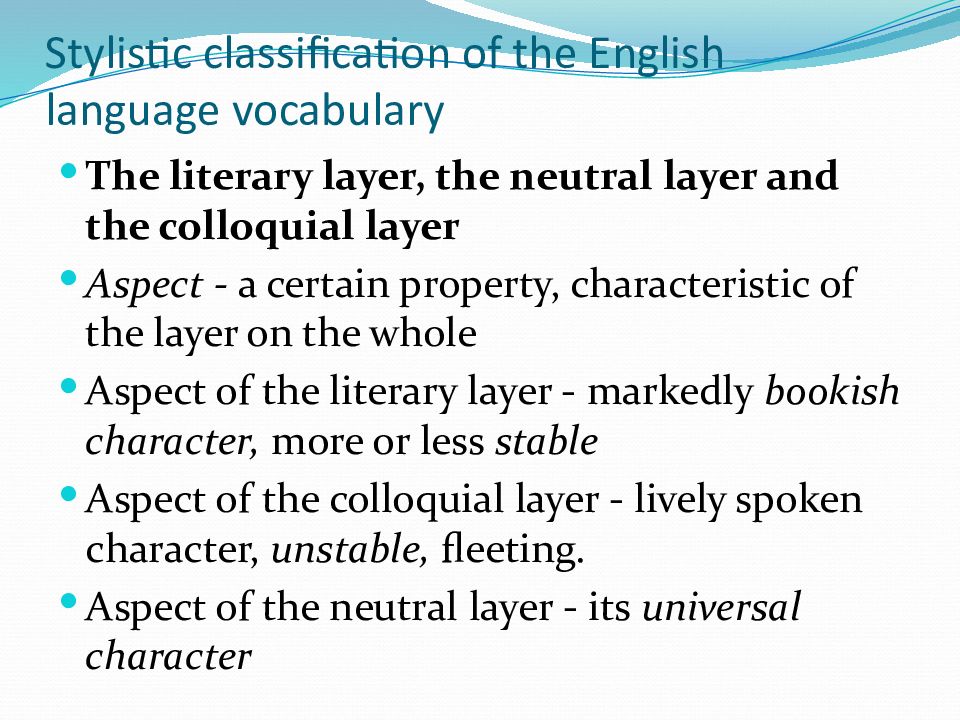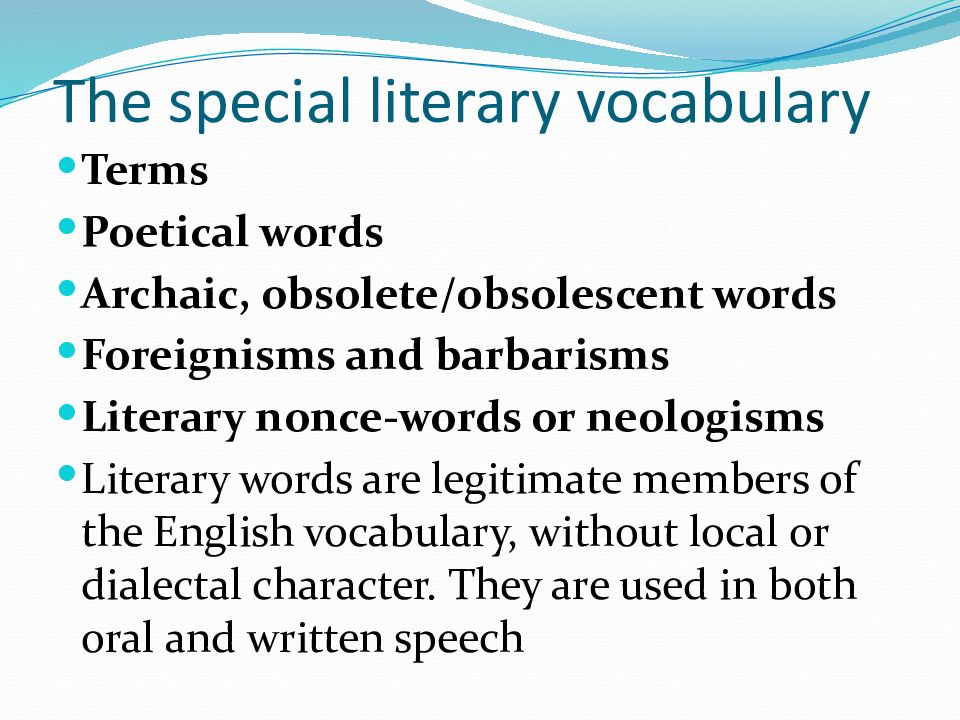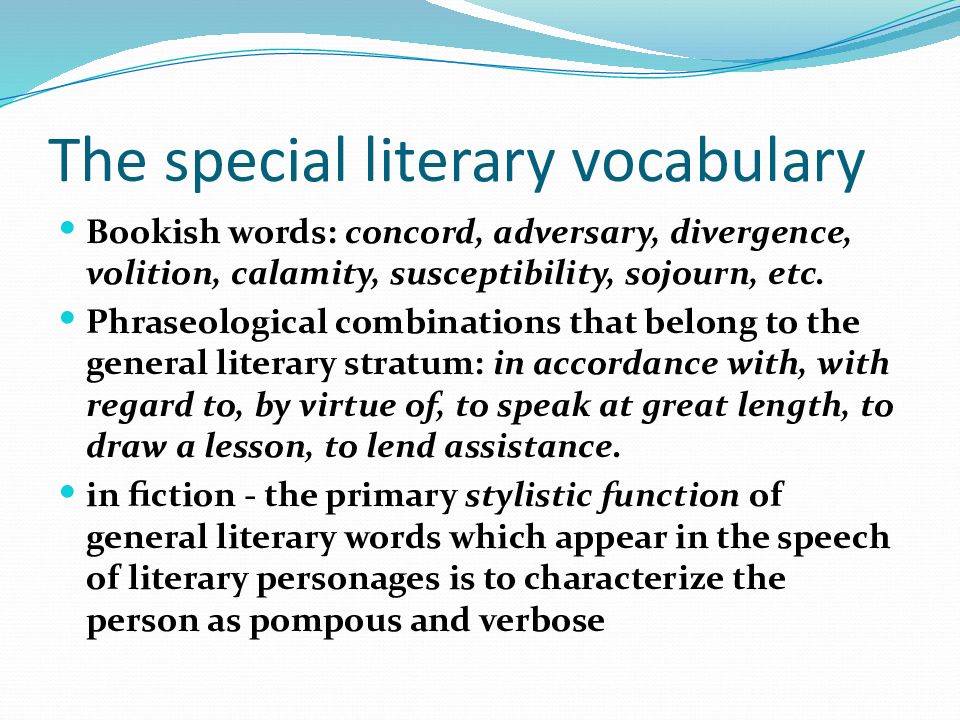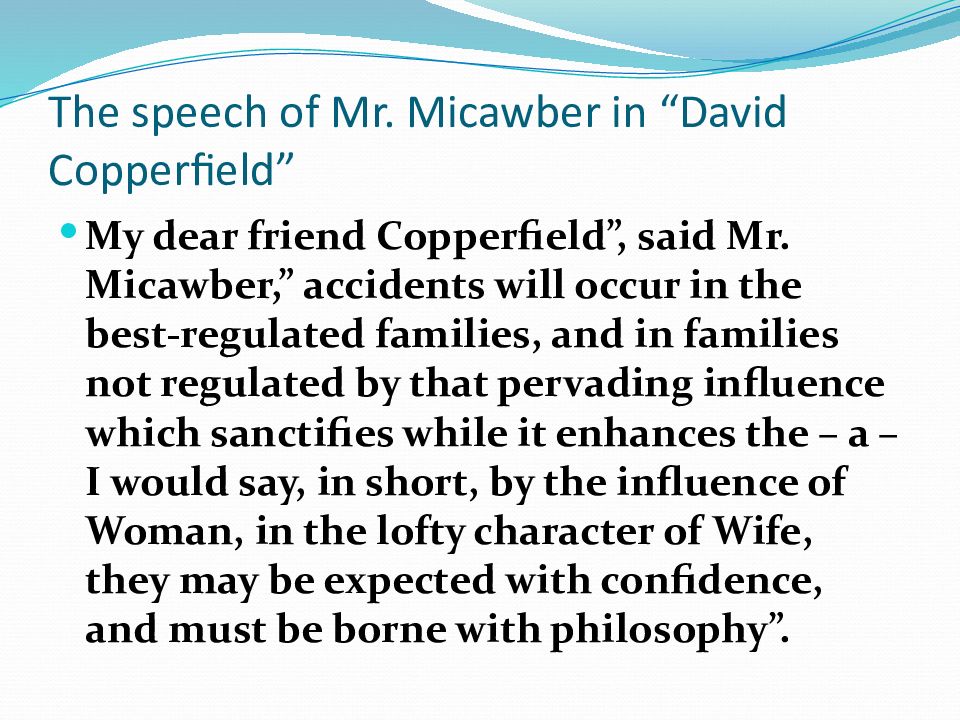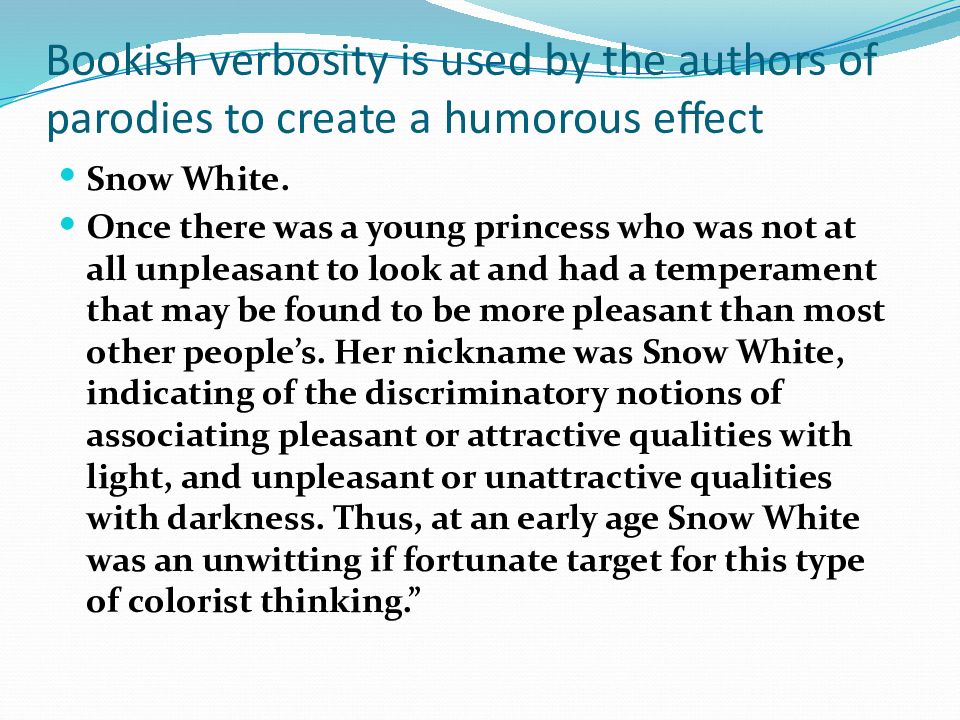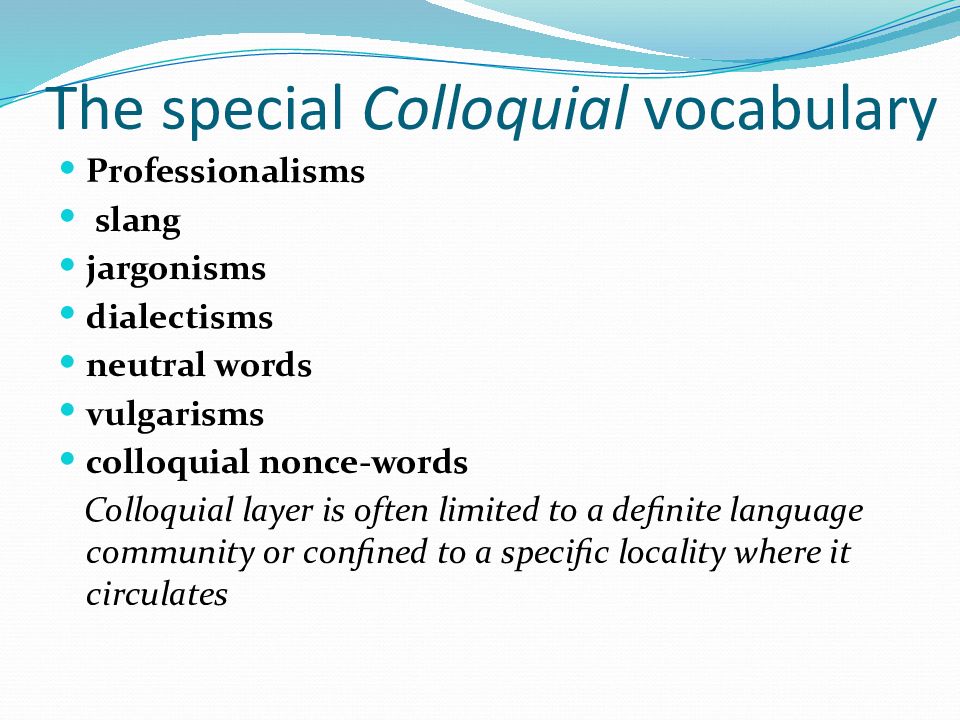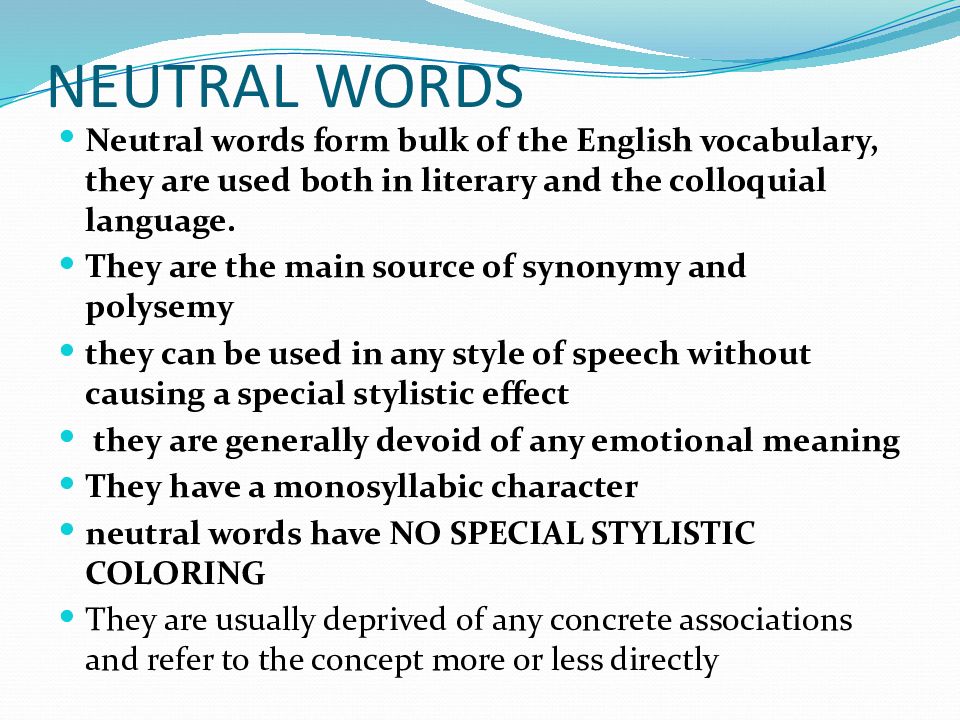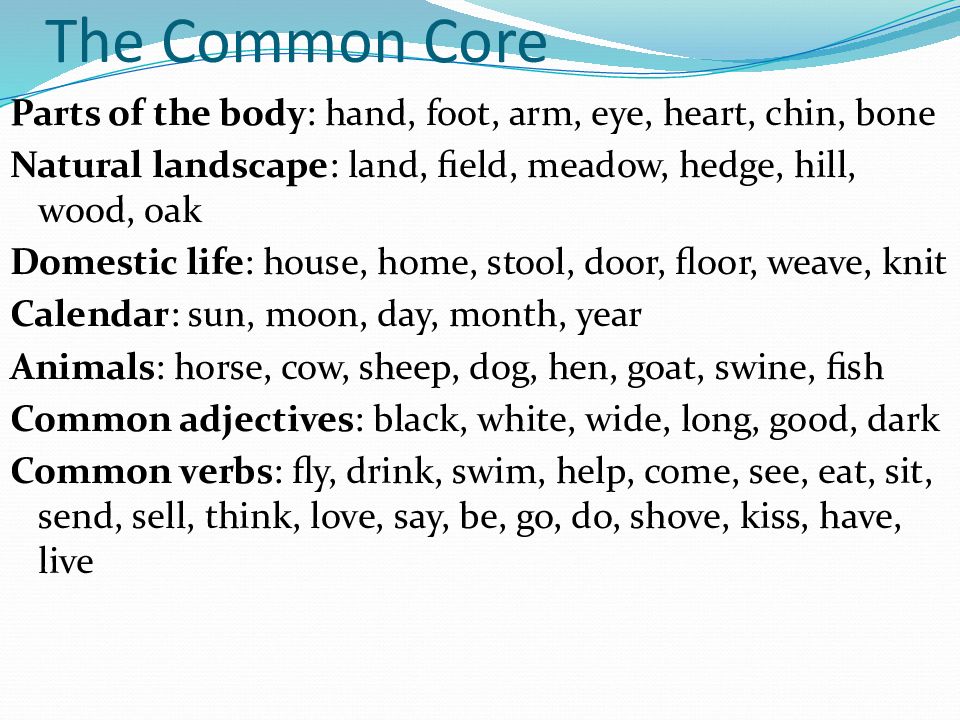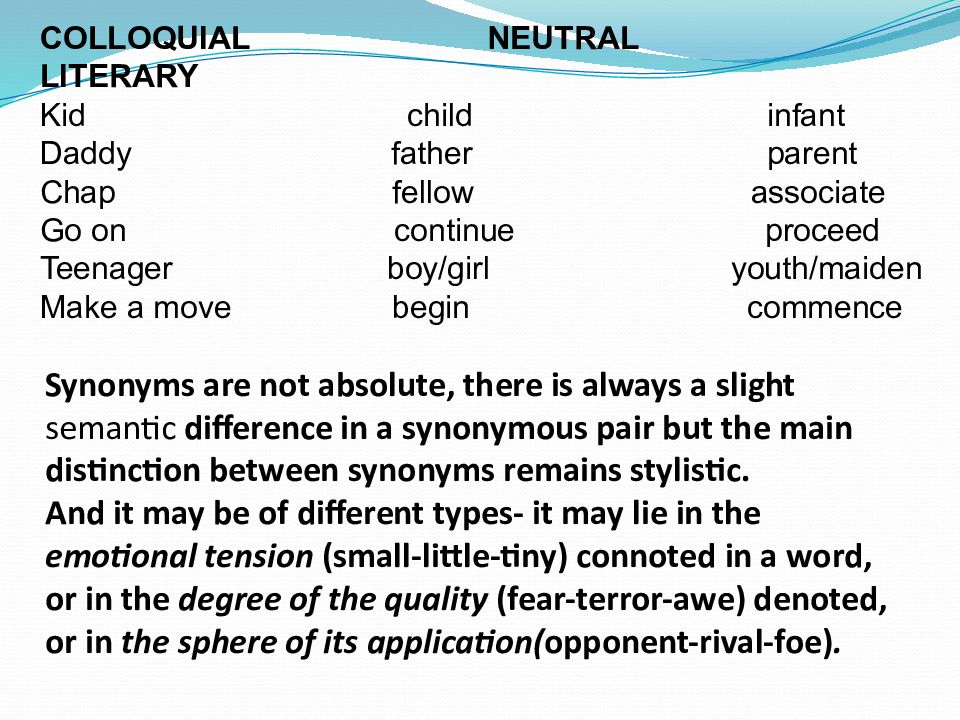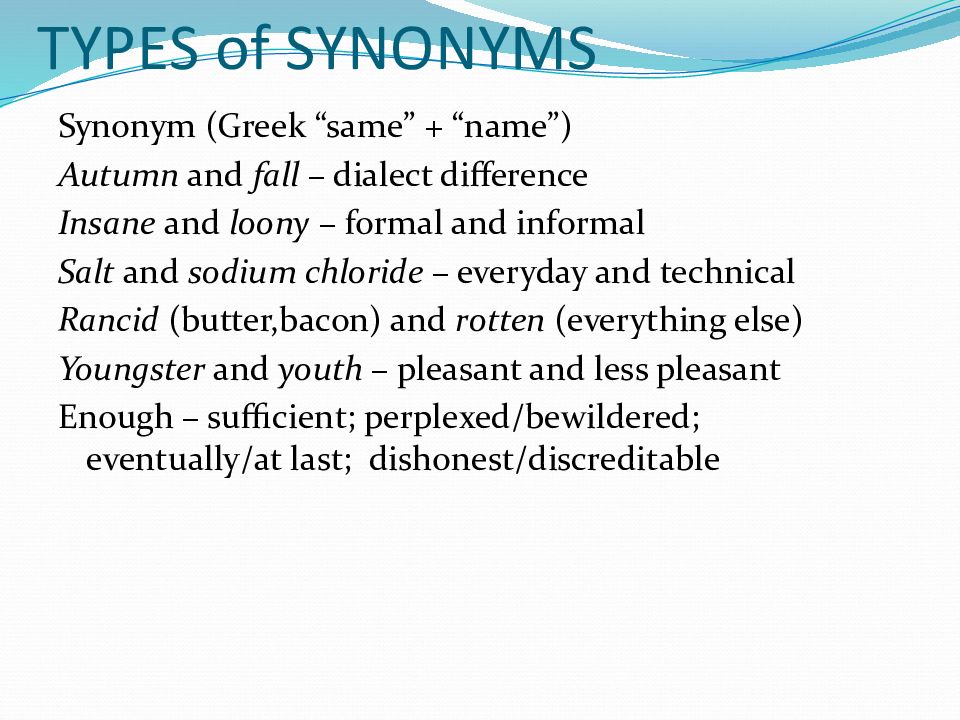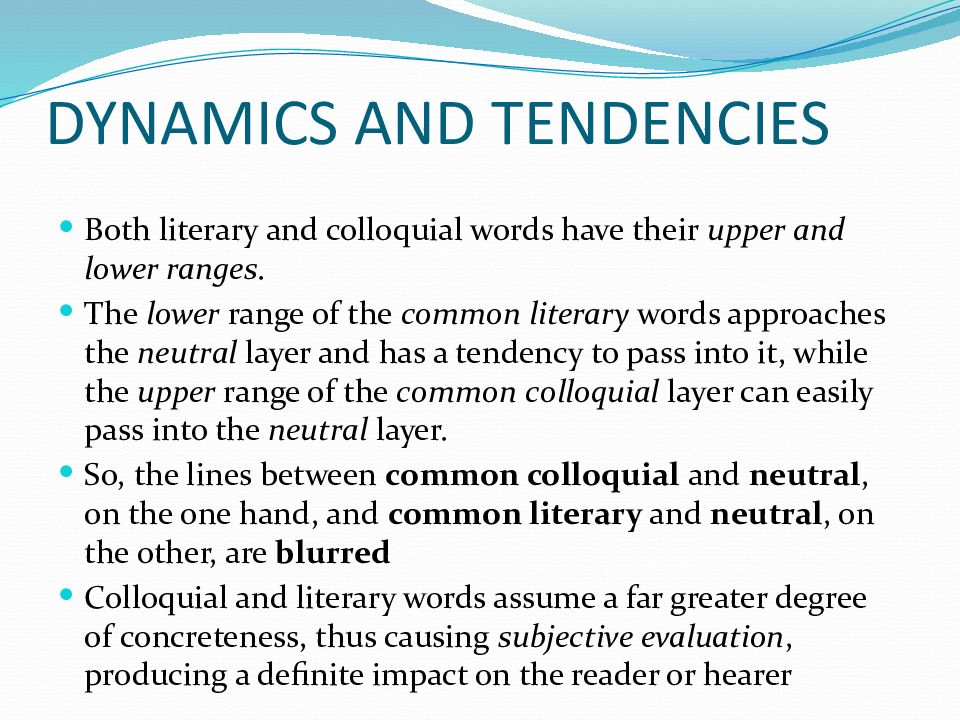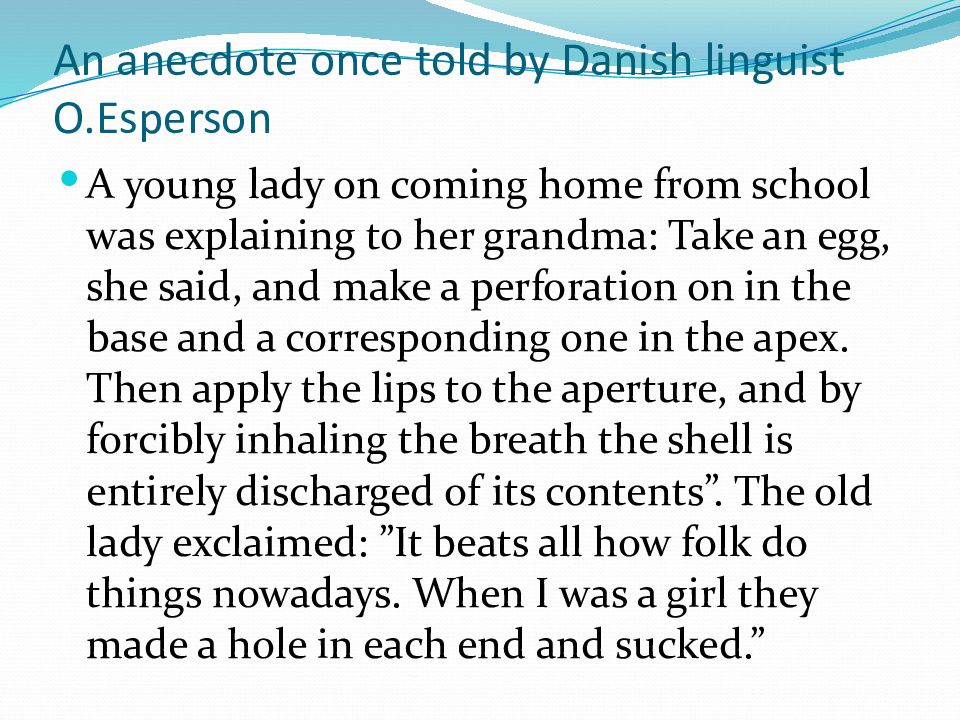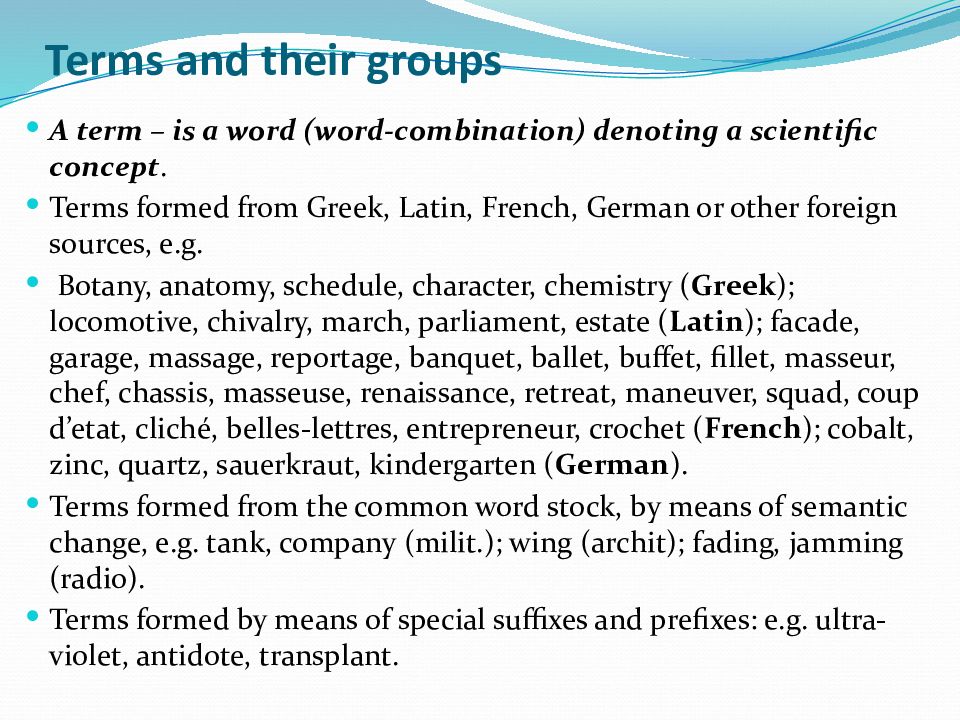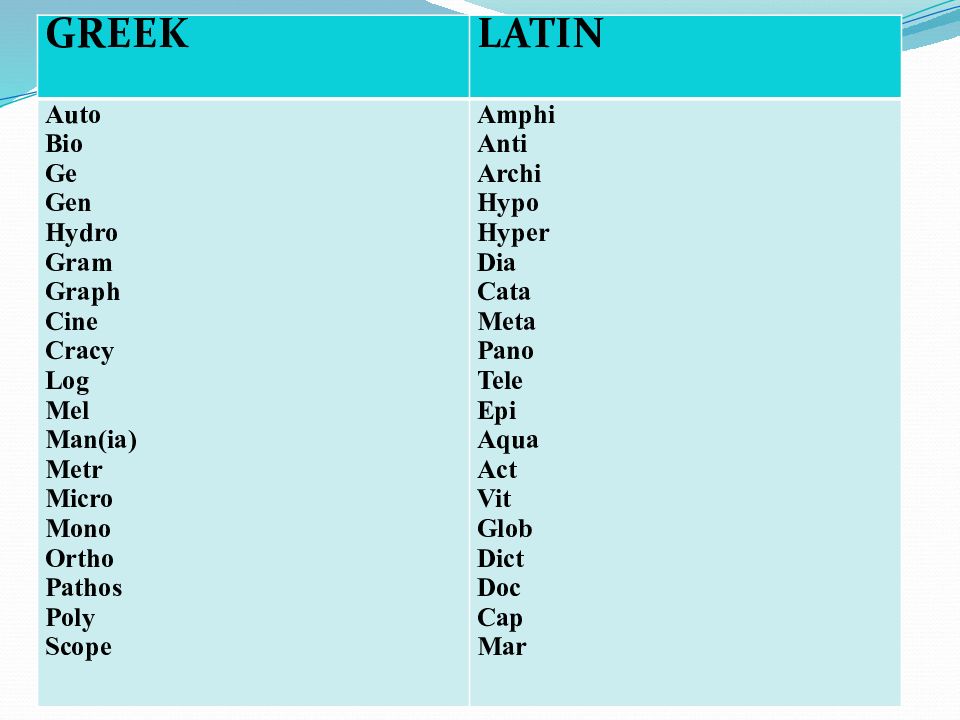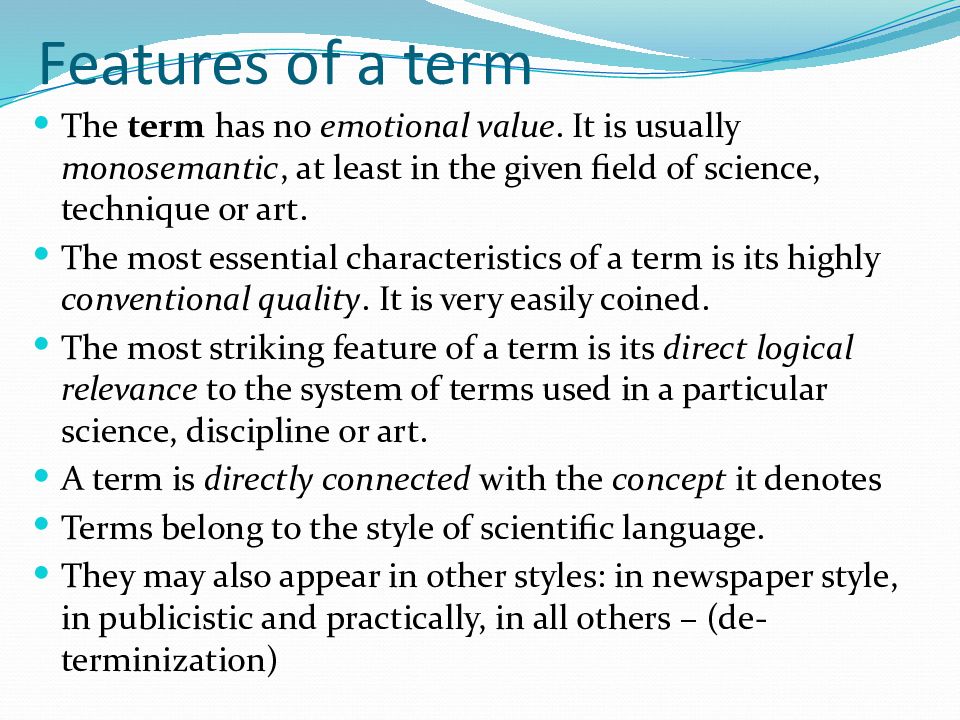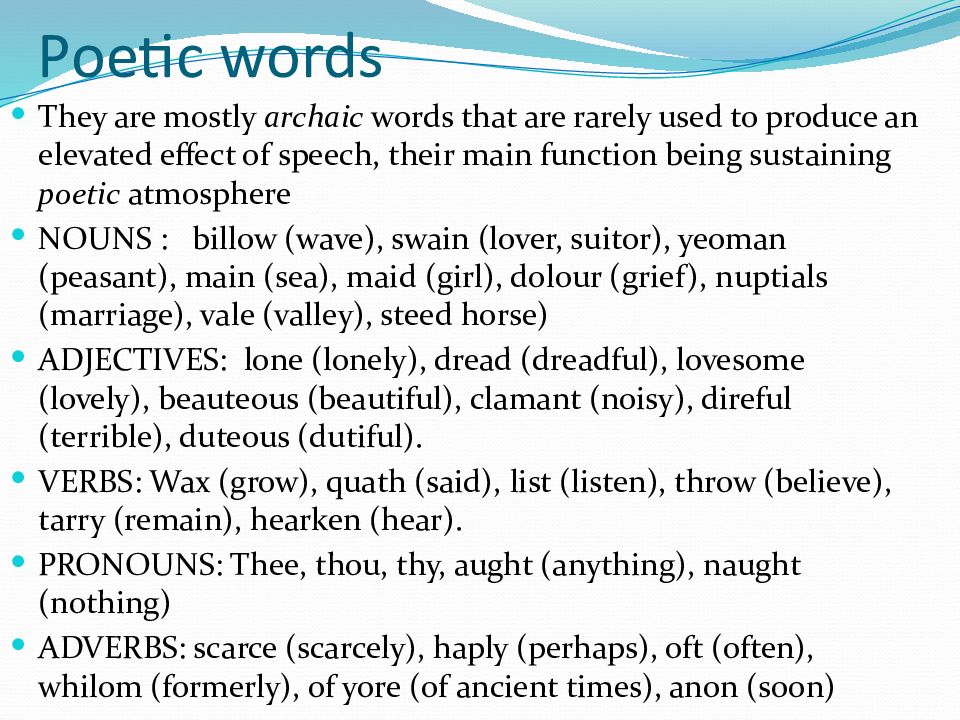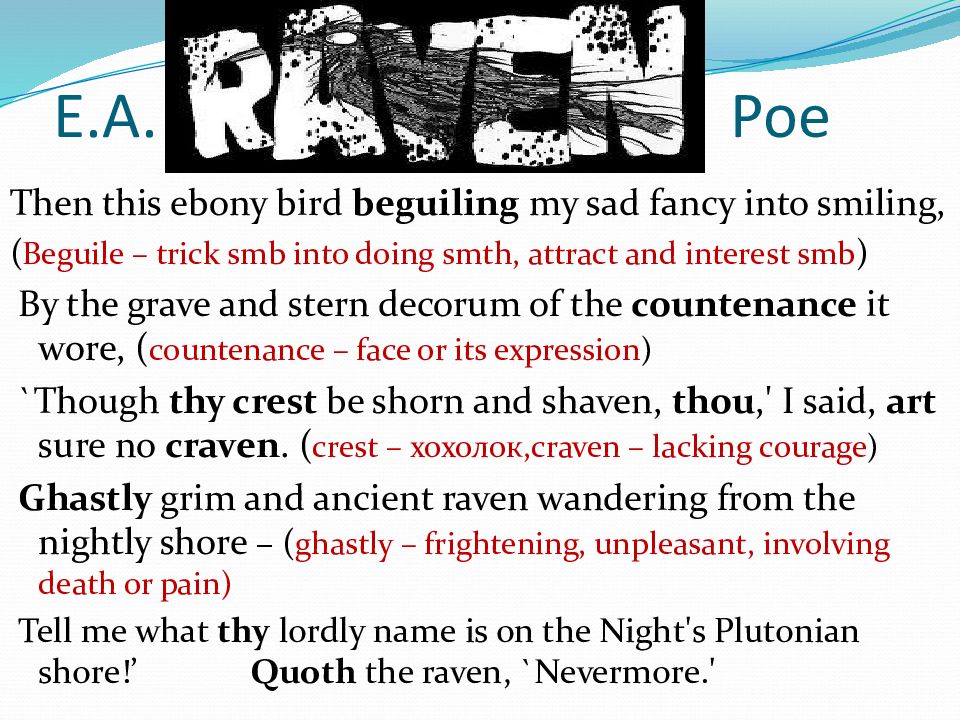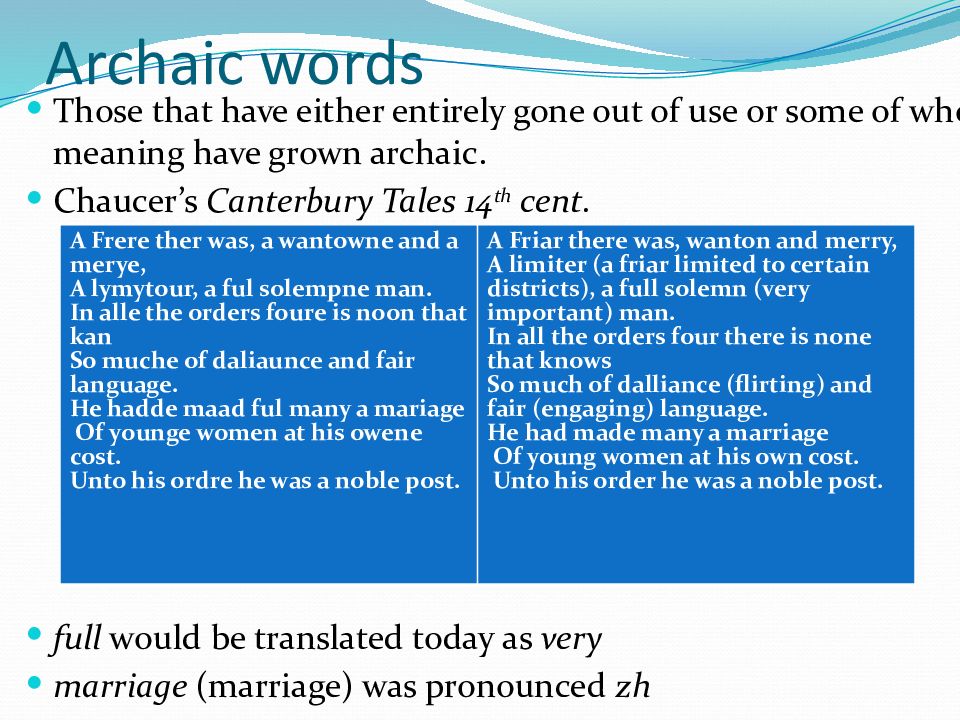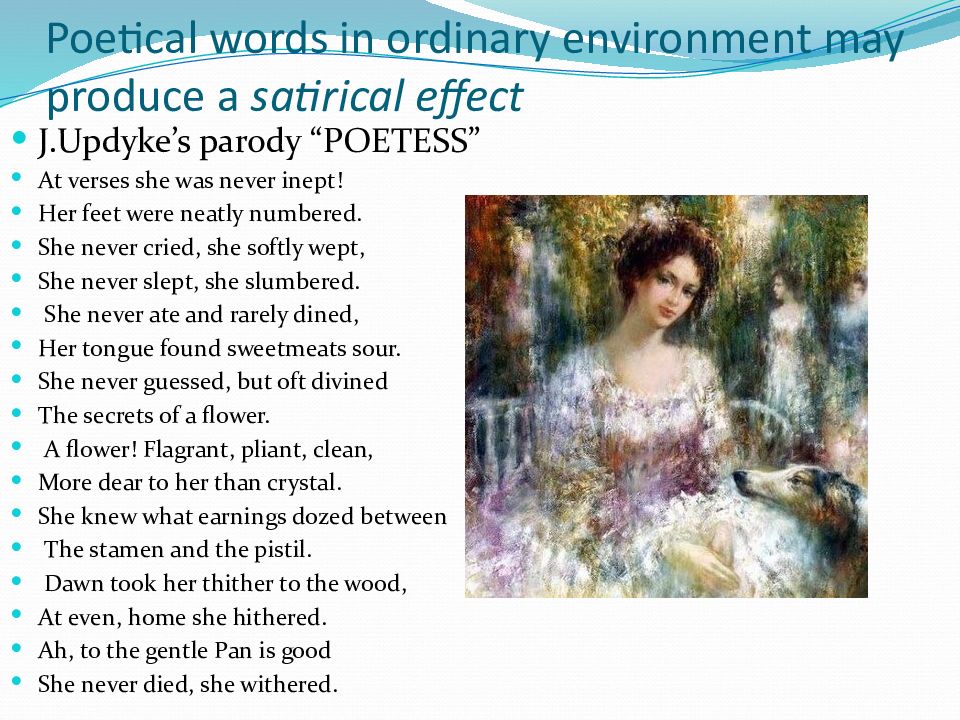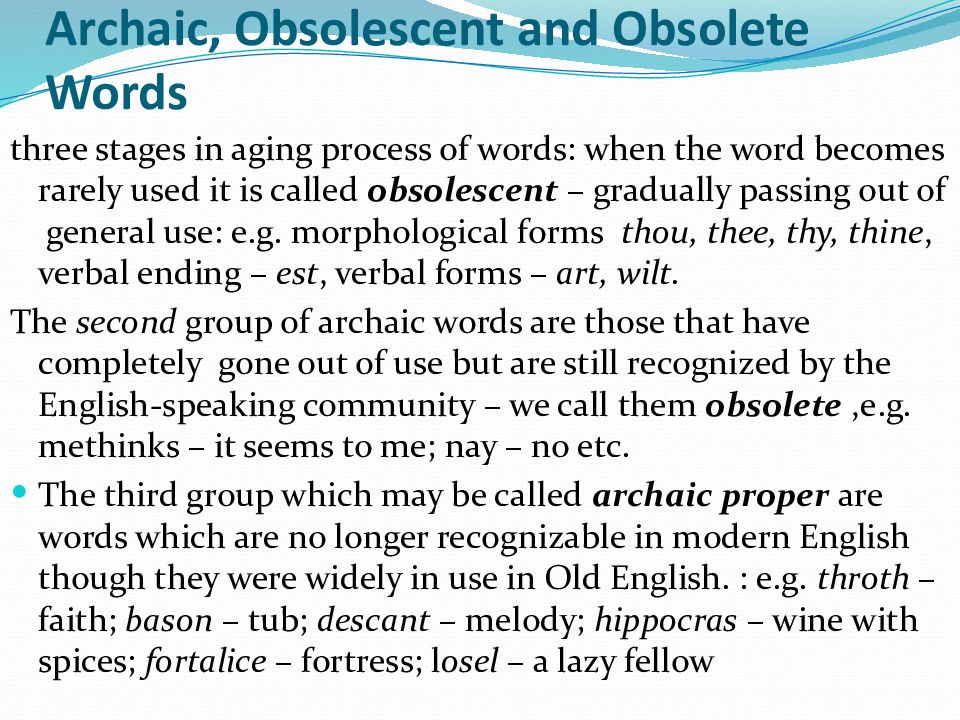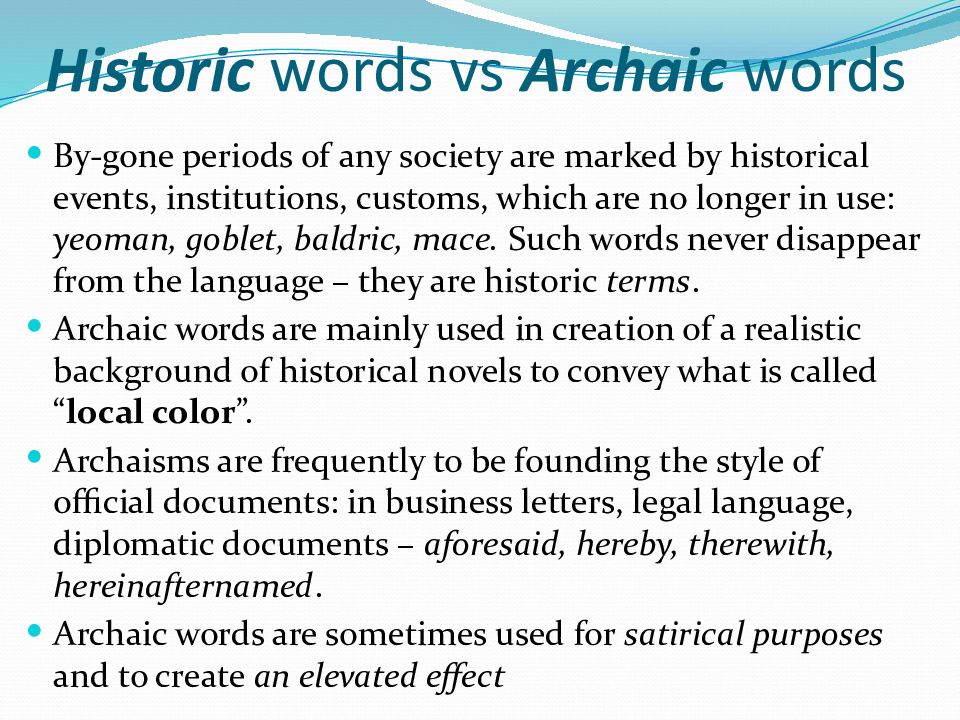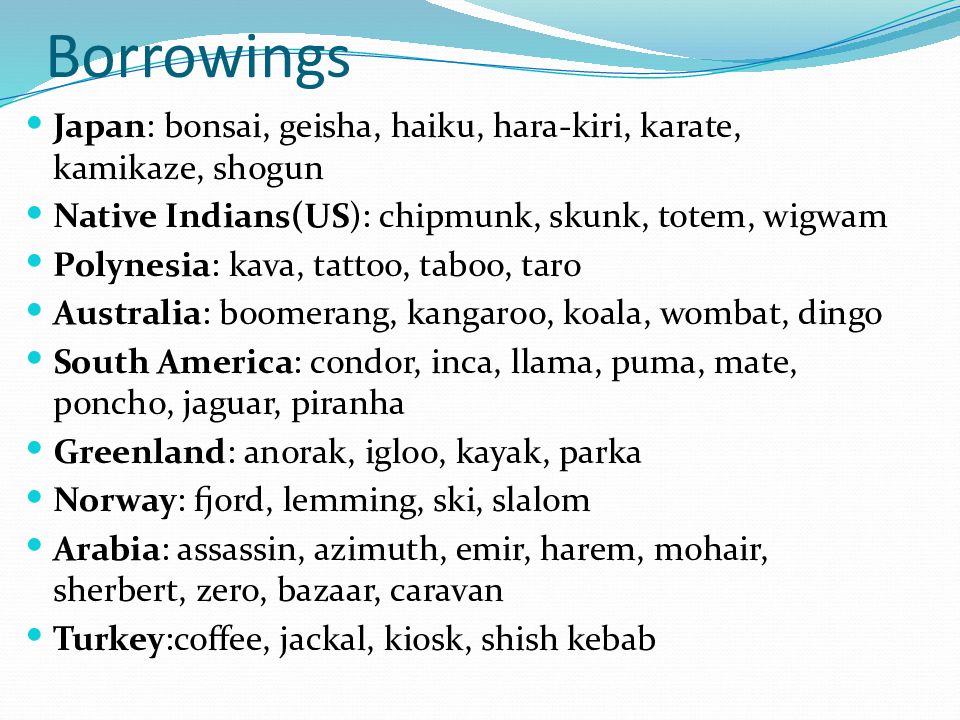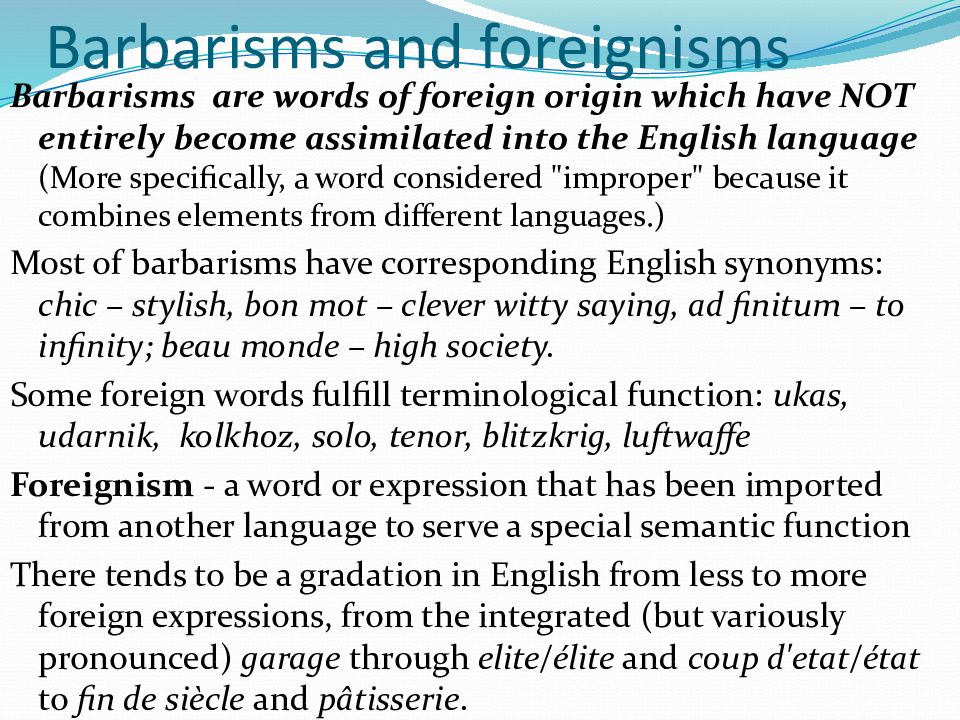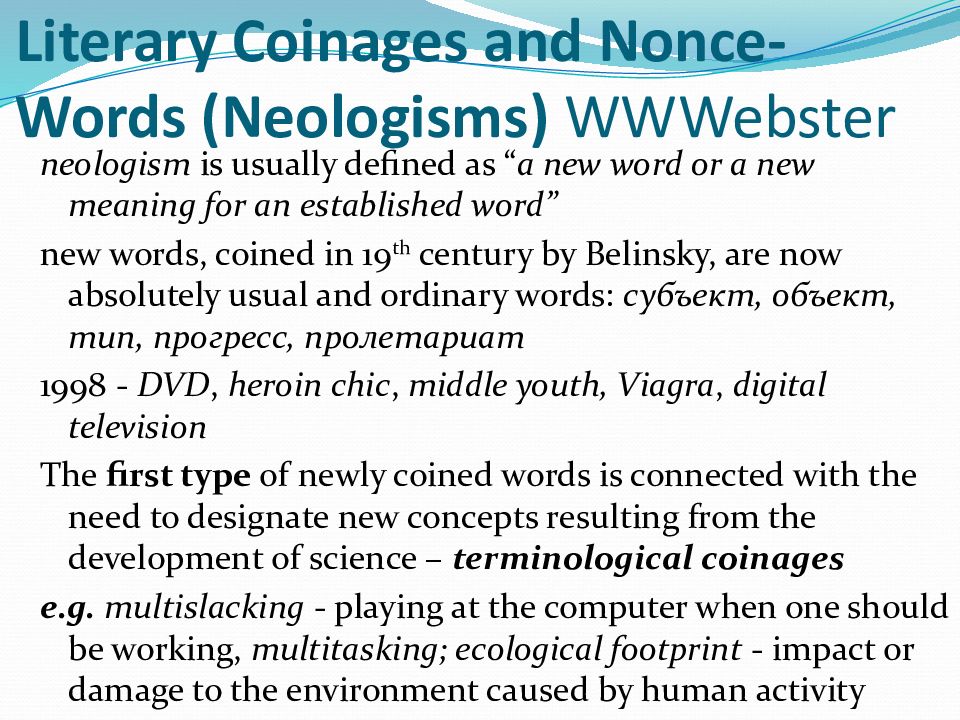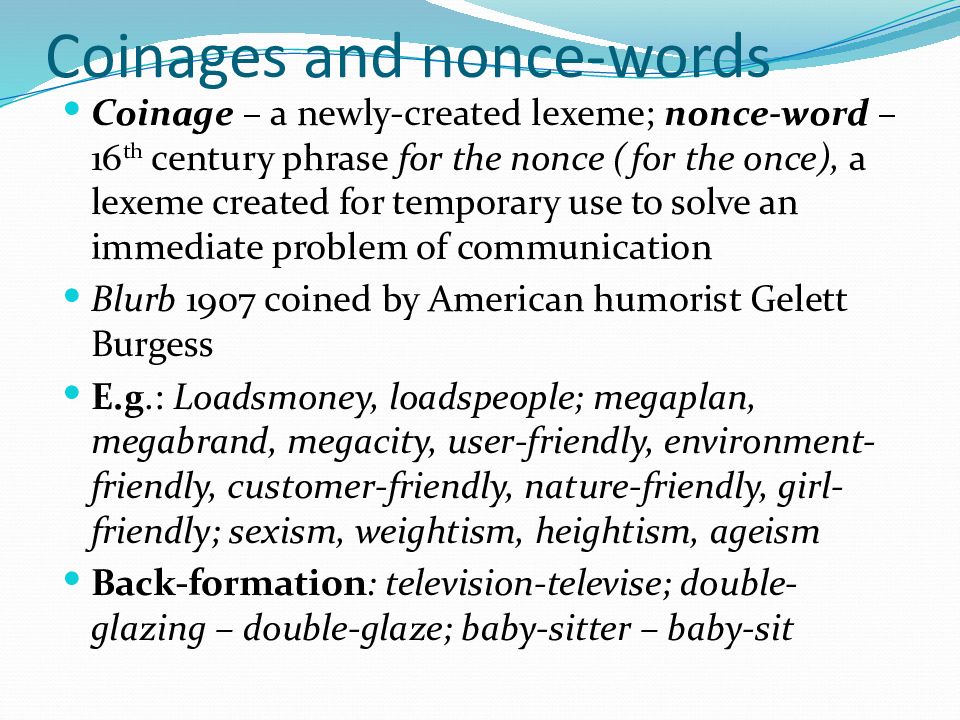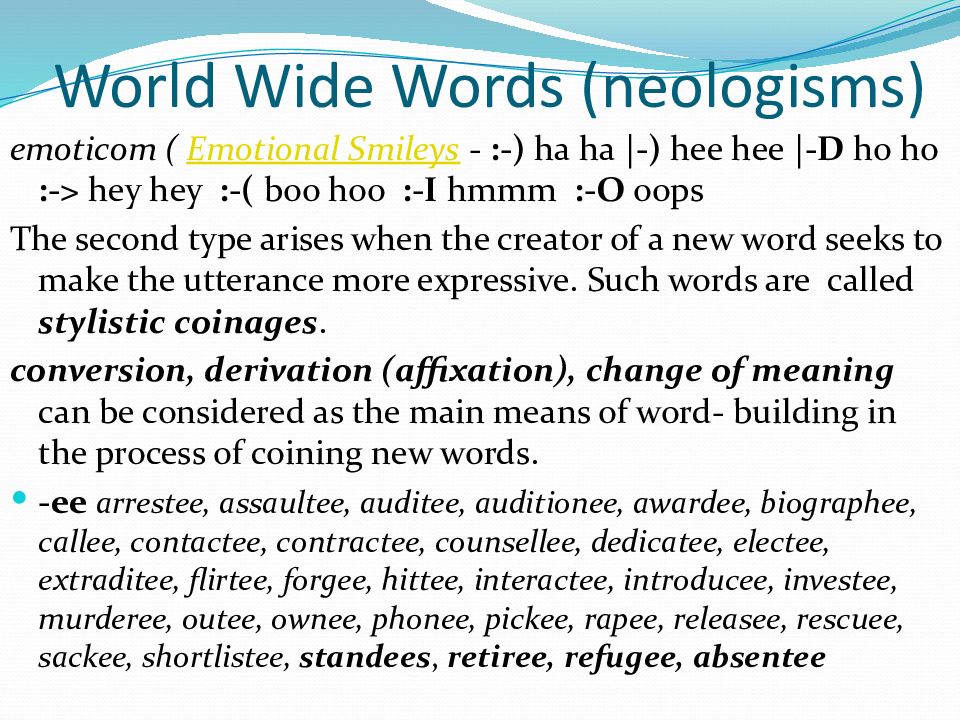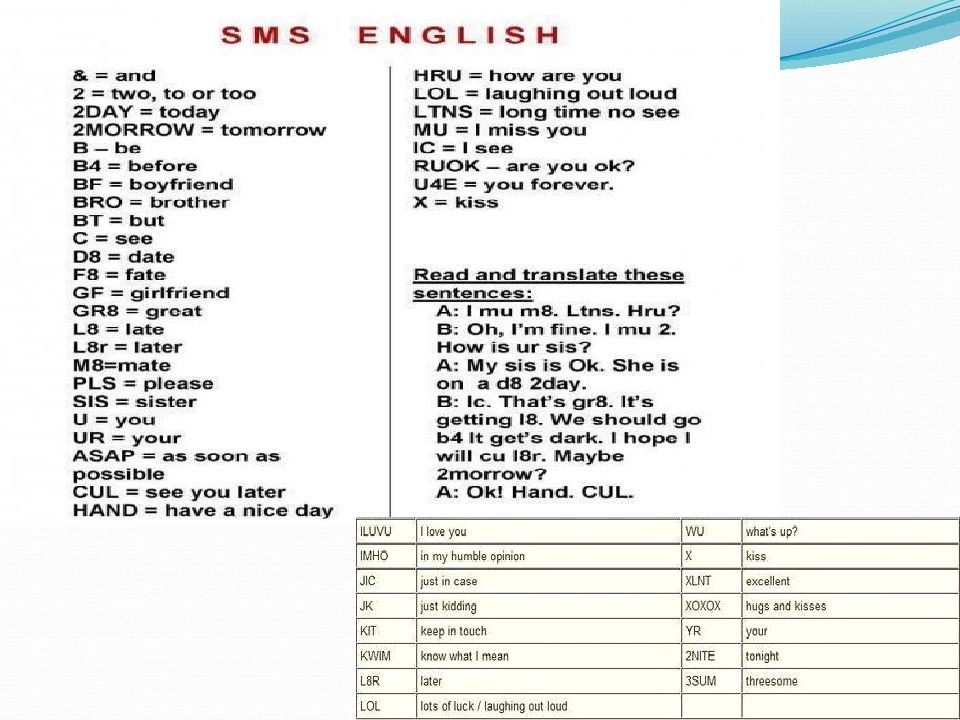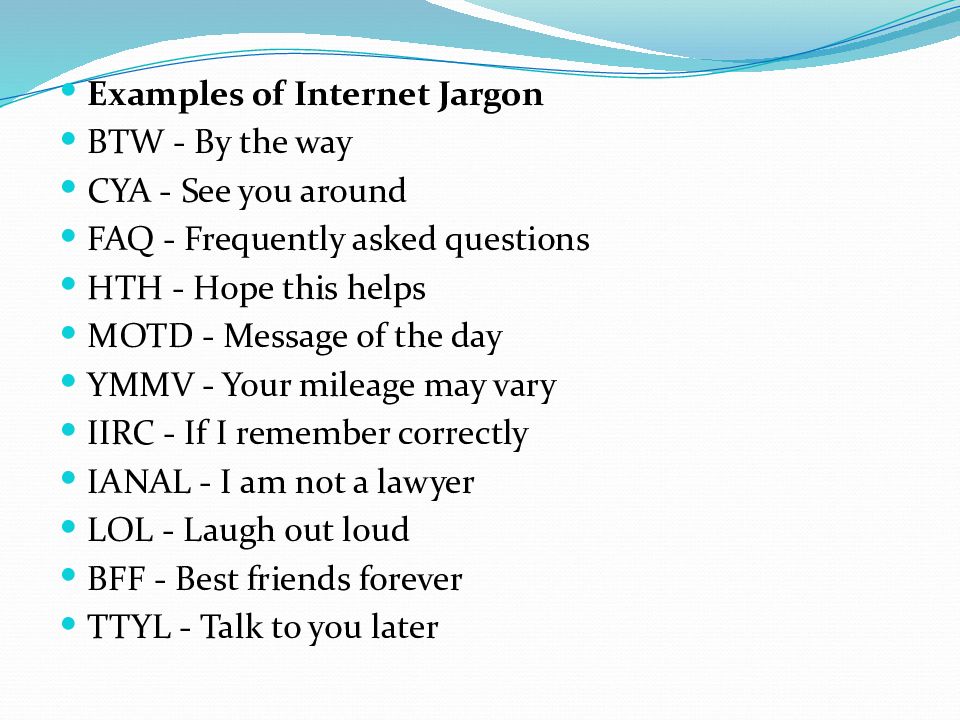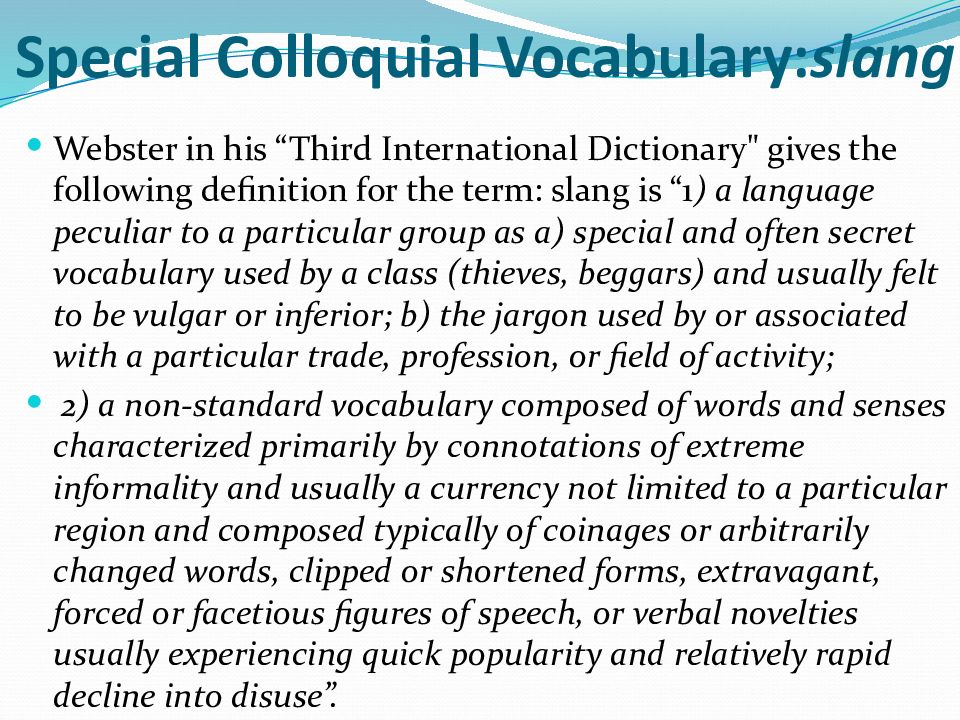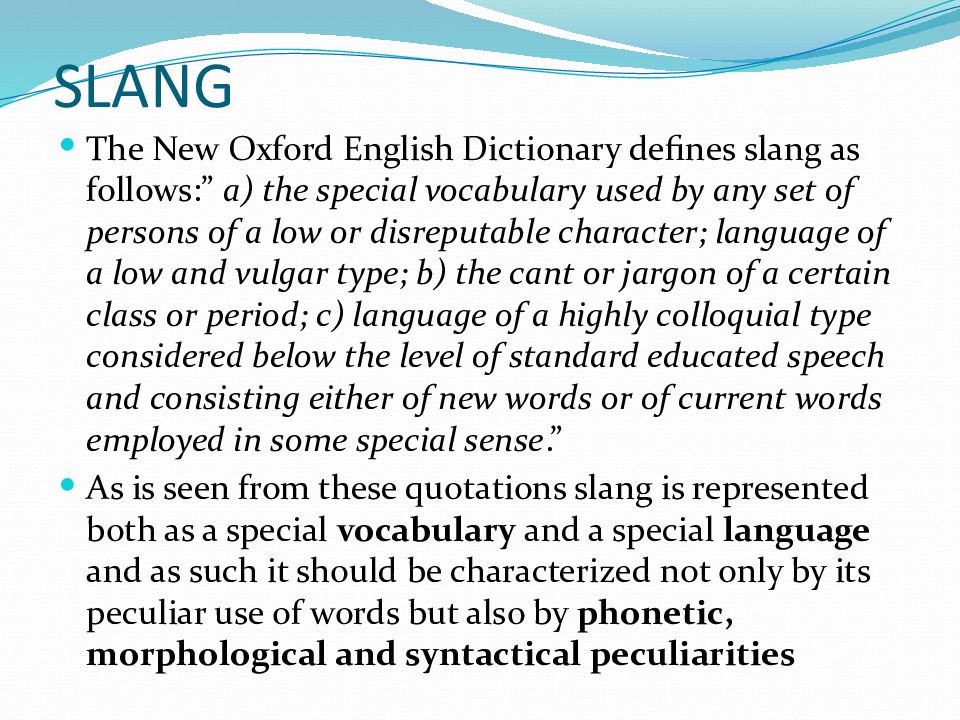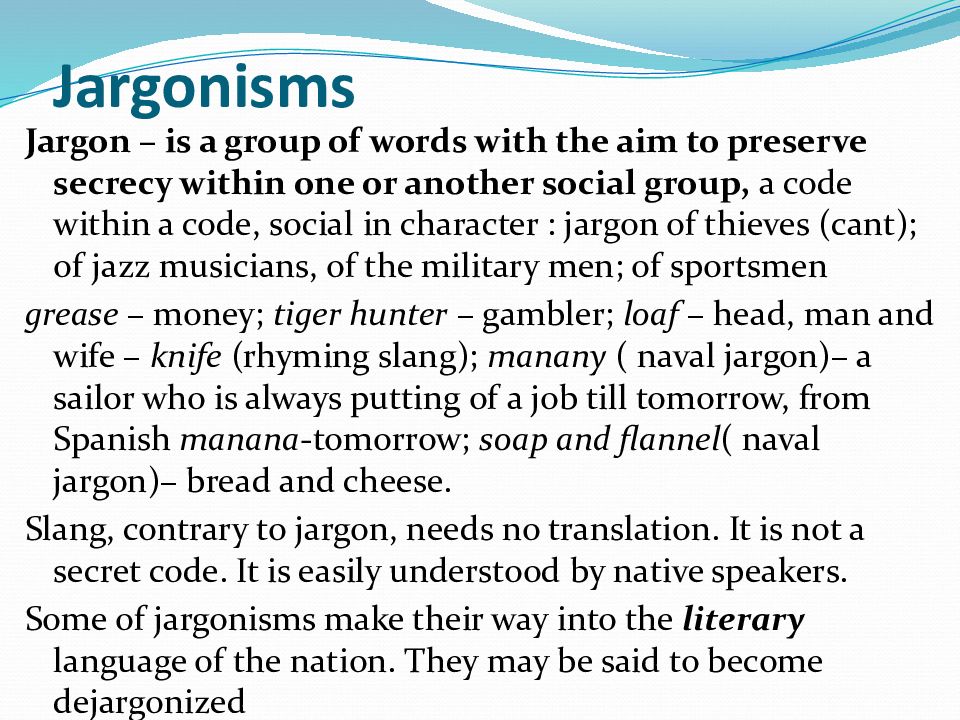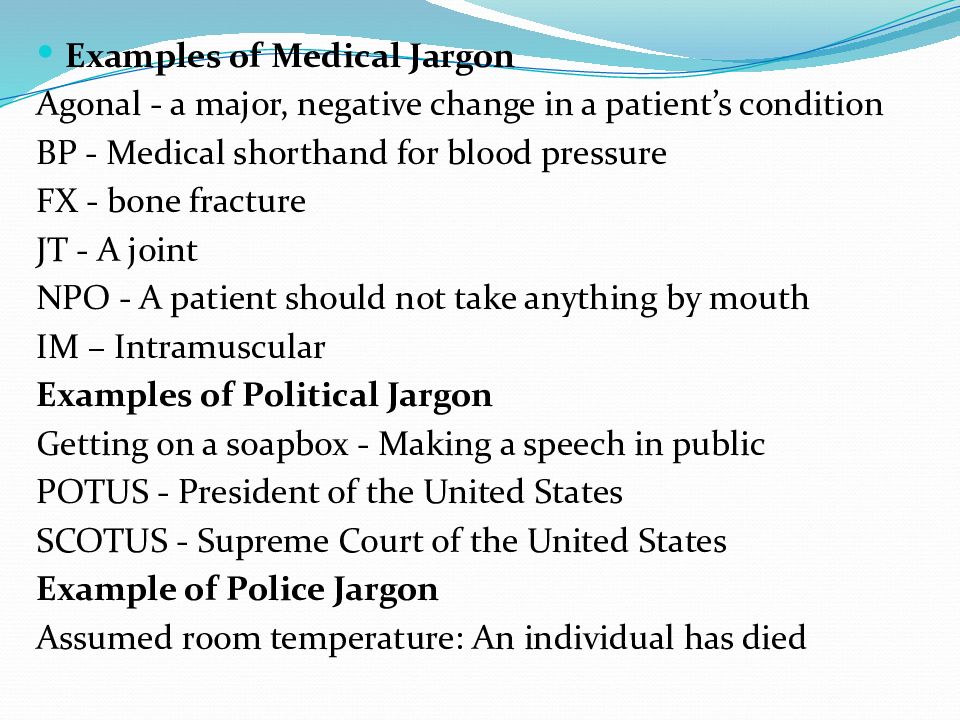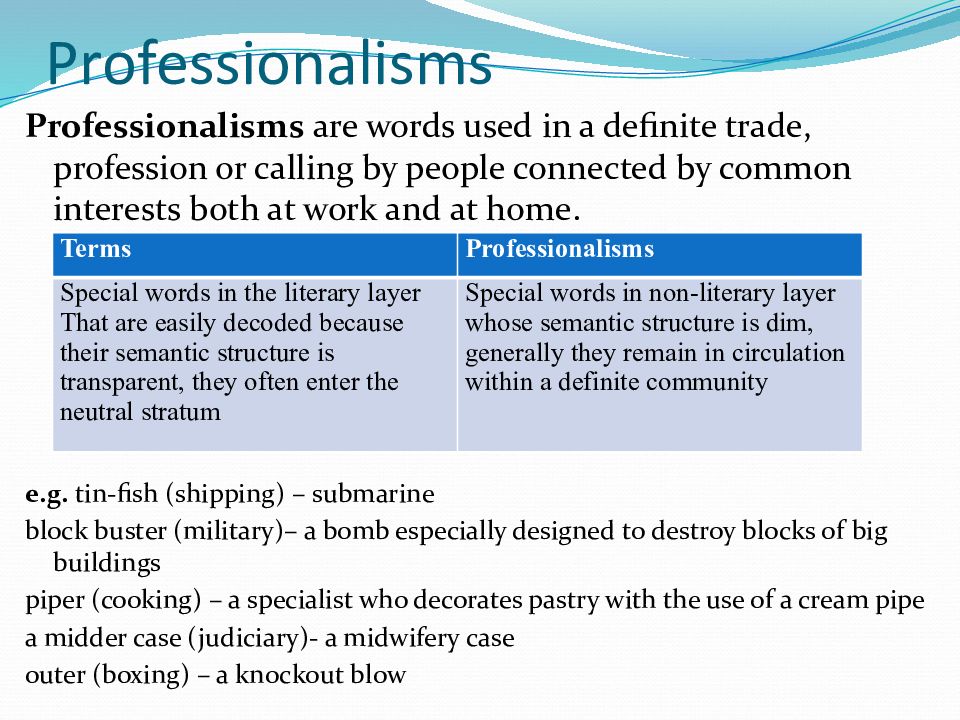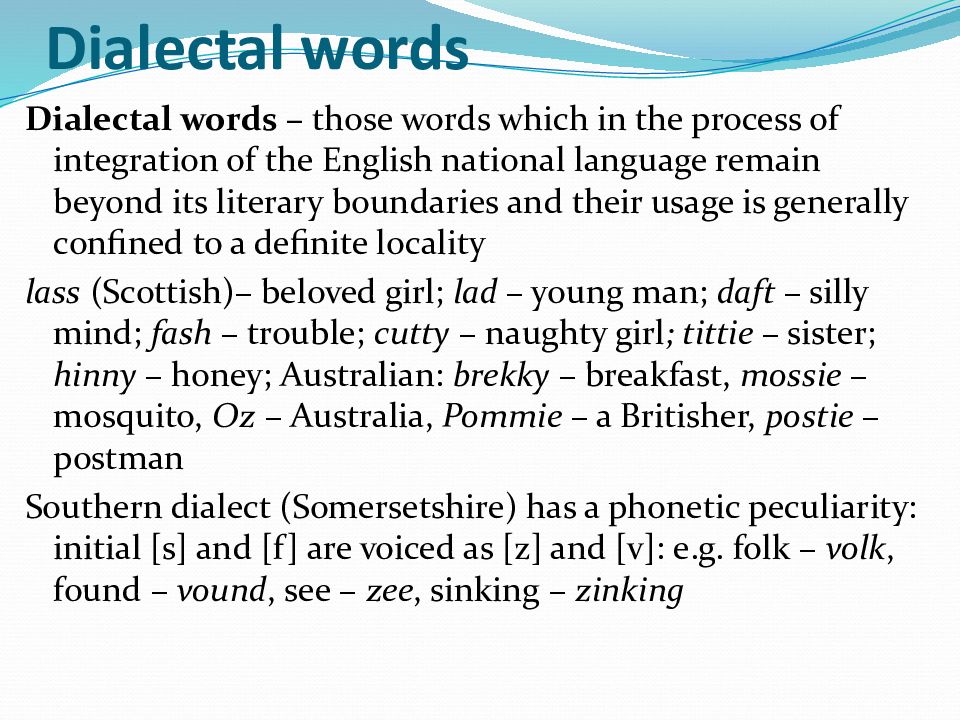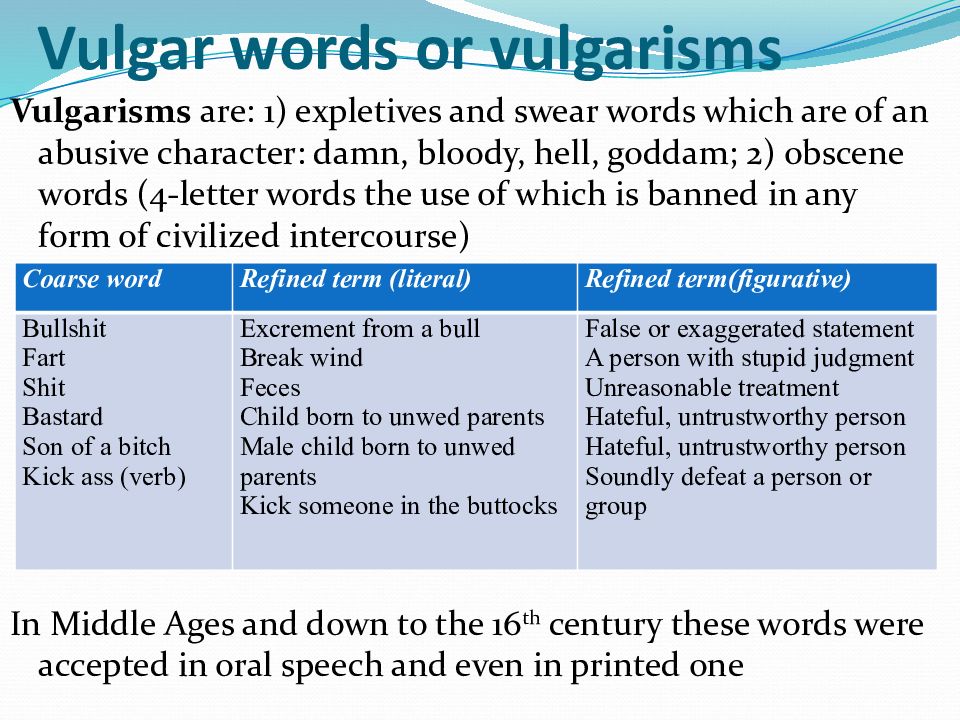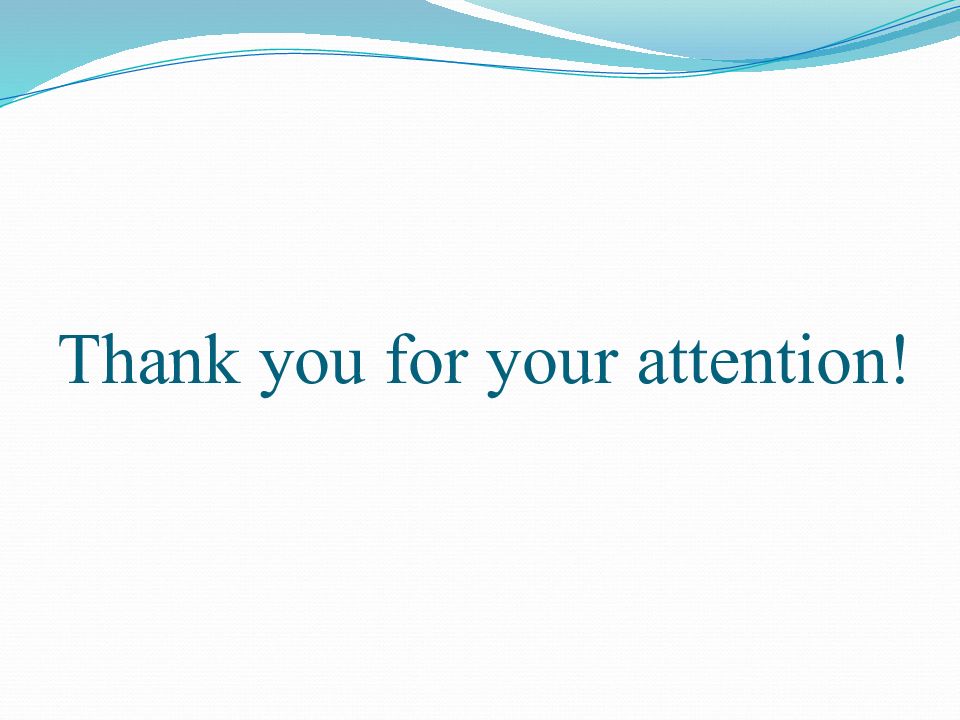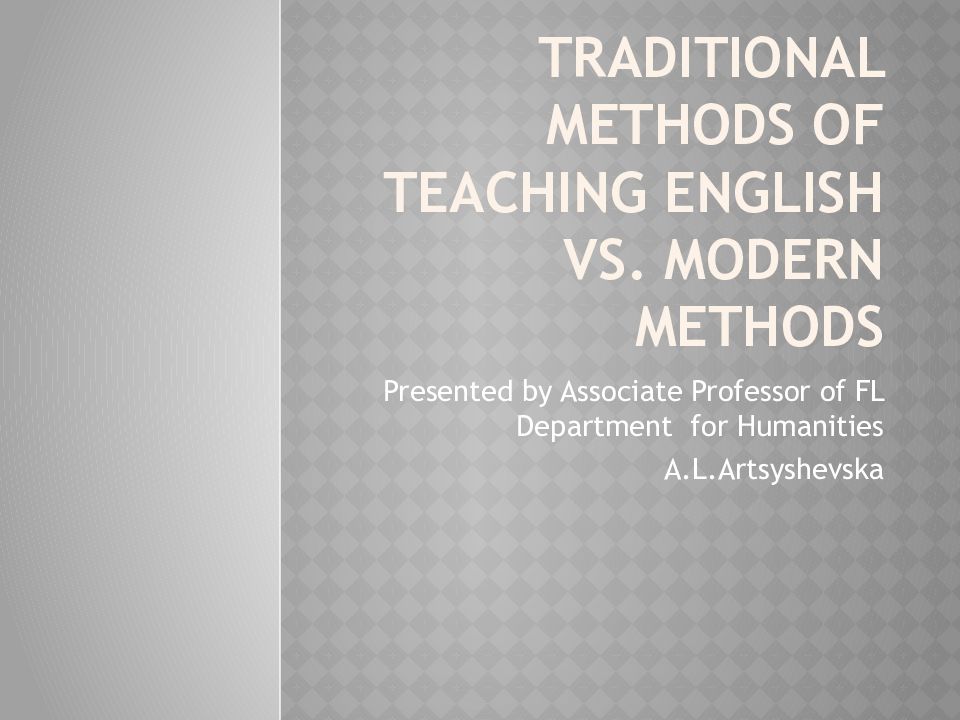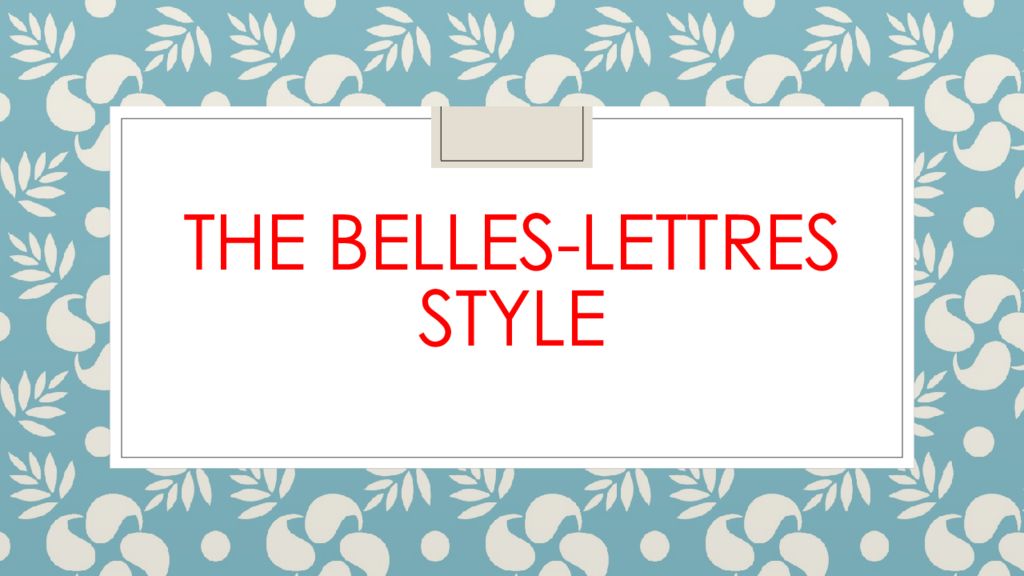Первый слайд презентации: STYLISTIC LEXICOLOGY
Stylistic Classification of the English Vocabulary
Слайд 2: PLAN
Stylistic classification of the English language vocabulary. Classification criteria Standard English vocabulary and its constituents. Neutral words. Specific literary vocabulary. Terms, poetic and archaic words, obsolete and obsolescent words, literary coinages and neologisms, foreignisms and barbarisms Specific colloquial vocabulary. Professionalisms, jargon and slang, vulgarisms and nonce-words, dialectisms.
Слайд 4: If you can read this, you have a strange too. Can you read this? Only 55 people out of 100 can
I couldn't believe that I could actually understand what I was reading. The phenomenal power of the human mind, according to a research at Cambridge University, it doesn't matter in what order the letters in a word are, the only imortant thing is that the first and last letter be in the right place. The rest can be a total mess and you can still read it whithout a problem.
The literary layer, the neutral layer and the colloquial layer Aspect - a certain property, characteristic of the layer on the whole Aspect of the literary layer - markedly bookish character, more or less stable Aspect of the colloquial layer - lively spoken character, unstable, fleeting. Aspect of the neutral layer - its universal character
Слайд 6: The special literary vocabulary
Terms Poetical words Archaic, obsolete/obsolescent words Foreignisms and barbarisms Literary nonce-words or neologisms Literary words are legitimate members of the English vocabulary, without local or dialectal character. They are used in both oral and written speech
Слайд 7: The special literary vocabulary
Bookish words: concord, adversary, divergence, volition, calamity, susceptibility, sojourn, etc. Phraseological combinations that belong to the general literary stratum: in accordance with, with regard to, by virtue of, to speak at great length, to draw a lesson, to lend assistance. in fiction - the primary stylistic function of general literary words which appear in the speech of literary personages is to characterize the person as pompous and verbose
Слайд 8: The speech of Mr. Micawber in “David Copperfield”
My dear friend Copperfield”, said Mr. Micawber,” accidents will occur in the best-regulated families, and in families not regulated by that pervading influence which sanctifies while it enhances the – a – I would say, in short, by the influence of Woman, in the lofty character of Wife, they may be expected with confidence, and must be borne with philosophy”.
Snow White. Once there was a young princess who was not at all unpleasant to look at and had a temperament that may be found to be more pleasant than most other people’s. Her nickname was Snow White, indicating of the discriminatory notions of associating pleasant or attractive qualities with light, and unpleasant or unattractive qualities with darkness. Thus, at an early age Snow White was an unwitting if fortunate target for this type of colorist thinking.”
Слайд 10: The special Colloquial vocabulary
Professionalisms slang jargonisms dialectisms neutral words vulgarisms colloquial nonce-words Colloquial layer is often limited to a definite language community or confined to a specific locality where it circulates
Слайд 11: NEUTRAL WORDS
Neutral words form bulk of the English vocabulary, they are used both in literary and the colloquial language. They are the main source of synonymy and polysemy they can be used in any style of speech without causing a special stylistic effect they are generally devoid of any emotional meaning They have a monosyllabic character neutral words have NO SPECIAL STYLISTIC COLORING They are usually deprived of any concrete associations and refer to the concept more or less directly
Слайд 12: The Common Core
Parts of the body : hand, foot, arm, eye, heart, chin, bone Natural landscape : land, field, meadow, hedge, hill, wood, oak Domestic life : house, home, stool, door, floor, weave, knit Calendar : sun, moon, day, month, year Animals : horse, cow, sheep, dog, hen, goat, swine, fish Common adjectives : black, white, wide, long, good, dark Common verbs : fly, drink, swim, help, come, see, eat, sit, send, sell, think, love, say, be, go, do, shove, kiss, have, live
Слайд 13: Synonyms are not absolute, there is always a slight semantic difference in a synonymous pair but the main distinction between synonyms remains stylistic. And it may be of different types- it may lie in the emotional tension (small-little-tiny) connoted in a word, or in the degree of the quality (fear-terror-awe) denoted, or in the sphere of its application( opponent-rival-foe)
COLLOQUIAL NEUTRAL LITERARY Kid child infant Daddy father parent Chap fellow associate Go on continue proceed Teenager boy/girl youth/maiden Make a move begin commence
Слайд 14: TYPES of SYNONYMS
Synonym (Greek “same” + “name”) Autumn and fall – dialect difference Insane and loony – formal and informal Salt and sodium chloride – everyday and technical Rancid (butter,bacon) and rotten (everything else) Youngster and youth – pleasant and less pleasant Enough – sufficient; perplexed/bewildered; eventually/at last; dishonest/discreditable
Слайд 15: DYNAMICS AND TENDENCIES
Both literary and colloquial words have their upper and lower ranges. The lower range of the common literary words approaches the neutral layer and has a tendency to pass into it, while the upper range of the common colloquial layer can easily pass into the neutral layer. So, the lines between common colloquial and neutral, on the one hand, and common literary and neutral, on the other, are blurred Colloquial and literary words assume a far greater degree of concreteness, thus causing subjective evaluation, producing a definite impact on the reader or hearer
Слайд 16: An anecdote once told by Danish linguist O.Esperson
A young lady on coming home from school was explaining to her grandma: Take an egg, she said, and make a perforation on in the base and a corresponding one in the apex. Then apply the lips to the aperture, and by forcibly inhaling the breath the shell is entirely discharged of its contents”. The old lady exclaimed: ”It beats all how folk do things nowadays. When I was a girl they made a hole in each end and sucked.”
Слайд 17: Terms and their groups
A term – is a word (word-combination) denoting a scientific concept. Terms formed from Greek, Latin, French, German or other foreign sources, e.g. Botany, anatomy, schedule, character, chemistry ( Greek ); locomotive, chivalry, march, parliament, estate ( Latin ); facade, garage, massage, reportage, banquet, ballet, buffet, fillet, masseur, chef, chassis, masseuse, renaissance, retreat, maneuver, squad, coup d’etat, cliché, belles-lettres, entrepreneur, crochet ( French ); cobalt, zinc, quartz, sauerkraut, kindergarten ( German ). Terms formed from the common word stock, by means of semantic change, e.g. tank, company ( milit.); wing ( archit ); fading, jamming (radio). Terms formed by means of special suffixes and prefixes: e.g. ultra-violet, antidote, transplant.
Слайд 18
GREEK LATIN Auto Bio Ge Gen Hydro Gram Graph Cine Cracy Log Mel Man( ia ) Metr Micro Mono Ortho Pathos Poly Scope Amphi Anti Archi Hypo Hyper Dia Cata Meta Pano Tele Epi Aqua Act Vit Glob Dict Doc Cap Mar
Слайд 19: Features of a term
The term has no emotional value. It is usually monosemantic, at least in the given field of science, technique or art. The most essential characteristics of a term is its highly conventional quality. It is very easily coined. The most striking feature of a term is its direct logical relevance to the system of terms used in a particular science, discipline or art. A term is directly connected with the concept it denotes Terms belong to the style of scientific language. They may also appear in other styles: in newspaper style, in publicistic and practically, in all others – (de-terminization)
Слайд 20: Poetic words
They are mostly archaic words that are rarely used to produce an elevated effect of speech, their main function being sustaining poetic atmosphere NOUNS : billow (wave), swain (lover, suitor), yeoman (peasant), main (sea), maid (girl), dolour (grief), nuptials (marriage), vale (valley), steed horse) ADJECTIVES: lone (lonely), dread (dreadful), lovesome (lovely), beauteous (beautiful), clamant (noisy), direful (terrible), duteous (dutiful). VERBS: Wax (grow), quath (said), list (listen), throw (believe), tarry (remain), hearken (hear). PRONOUNS: Thee, thou, thy, aught (anything), naught (nothing) ADVERBS: scarce (scarcely), haply (perhaps), oft (often), whilom (formerly), of yore (of ancient times), anon (soon)
Слайд 21: E.A. Poe
Then this ebony bird beguiling my sad fancy into smiling, ( Beguile – trick smb into doing smth, attract and interest smb ) By the grave and stern decorum of the countenance it wore, ( countenance – face or its expression ) `Though thy crest be shorn and shaven, thou,' I said, art sure no craven. ( crest – хохолок, craven – lacking courage ) Ghastly grim and ancient raven wandering from the nightly shore – ( ghastly – frightening, unpleasant, involving death or pain) Tell me what thy lordly name is on the Night's Plutonian shore!’ Quoth the raven, `Nevermore.'
Слайд 22: Archaic words
Those that have either entirely gone out of use or some of whose meaning have grown archaic. Chaucer’s Canterbury Tales 14 th cent. full would be translated today as very marriage (marriage) was pronounced zh A Frere ther was, a wantowne and a merye, A lymytour, a ful solempne man. In alle the orders foure is noon that kan So muche of daliaunce and fair language. He hadde maad ful many a mariage Of younge women at his owene cost. Unto his ordre he was a noble post. A Friar there was, wanton and merry, A limiter (a friar limited to certain districts), a full solemn (very important) man. In all the orders four there is none that knows So much of dalliance (flirting) and fair (engaging) language. He had made many a marriage Of young women at his own cost. Unto his order he was a noble post.
Слайд 23: Poetical words in ordinary environment may produce a satirical effect
J.Updyke’s parody “POETESS” At verses she was never inept! Her feet were neatly numbered. She never cried, she softly wept, She never slept, she slumbered. She never ate and rarely dined, Her tongue found sweetmeats sour. She never guessed, but oft divined The secrets of a flower. A flower! Flagrant, pliant, clean, More dear to her than crystal. She knew what earnings dozed between The stamen and the pistil. Dawn took her thither to the wood, At even, home she hithered. Ah, to the gentle Pan is good She never died, she withered.
Слайд 24: Archaic, Obsolescent and Obsolete Words
three stages in aging process of words: when the word becomes rarely used it is called obsolescent – gradually passing out of general use: e.g. morphological forms thou, thee, thy, thine, verbal ending – est, verbal forms – art, wilt. The second group of archaic words are those that have completely gone out of use but are still recognized by the English-speaking community – we call them obsolete,e.g. methinks – it seems to me; nay – no etc. The third group which may be called archaic proper are words which are no longer recognizable in modern English though they were widely in use in Old English. : e.g. throth – faith; bason – tub; descant – melody; hippocras – wine with spices; fortalice – fortress; l osel – a lazy fellow
Слайд 25: Historic words vs Archaic words
By-gone periods of any society are marked by historical events, institutions, customs, which are no longer in use: yeoman, goblet, baldric, mace. Such words never disappear from the language – they are historic terms. Archaic words are mainly used in creation of a realistic background of historical novels to convey what is called “ local color ”. Archaisms are frequently to be founding the style of official documents: in business letters, legal language, diplomatic documents – aforesaid, hereby, therewith, hereinafternamed. Archaic words are sometimes used for satirical purposes and to create an elevated effect
Слайд 26: Borrowings
Japan : bonsai, geisha, haiku, hara-kiri, karate, kamikaze, shogun Native Indians(US ): chipmunk, skunk, totem, wigwam Polynesia : kava, tattoo, taboo, taro Australia : boomerang, kangaroo, koala, wombat, dingo South America : condor, inca, llama, puma, mate, poncho, jaguar, piranha Greenland : anorak, igloo, kayak, parka Norway : fjord, lemming, ski, slalom Arabia : assassin, azimuth, emir, harem, mohair, sherbert, zero, bazaar, caravan Turkey :coffee, jackal, kiosk, shish kebab
Слайд 27: Barbarisms and foreignisms
Barbarisms are words of foreign origin which have NOT entirely become assimilated into the English language (More specifically, a word considered "improper" because it combines elements from different languages.) Most of barbarisms have corresponding English synonyms: chic – stylish, bon mot – clever witty saying, ad finitum – to infinity; beau monde – high society. Some foreign words fulfill terminological function: ukas, udarnik, kolkhoz, solo, tenor, blitzkrig, luftwaffe Foreignism - a word or expression that has been imported from another language to serve a special semantic function There tends to be a gradation in English from less to more foreign expressions, from the integrated (but variously pronounced) garage through elite/élite and coup d'etat/état to fin de siècle and pâtisserie.
Слайд 28: Literary Coinages and Nonce-Words (Neologisms) WWWebster
neologism is usually defined as “ a new word or a new meaning for an established word” new words, coined in 19 th century by Belinsky, are now absolutely usual and ordinary words: субъект, объект, тип, прогресс, пролетариат 1998 - DVD, heroin chic, middle youth, Viagra, digital television The first type of newly coined words is connected with the need to designate new concepts resulting from the development of science – terminological coinages e.g. multislacking - playing at the computer when one should be working, multitasking; ecological footprint - impact or damage to the environment caused by human activity
Слайд 29: Coinages and nonce-words
Coinage – a newly-created lexeme; nonce-word – 16 th century phrase for the nonce (for the once), a lexeme created for temporary use to solve an immediate problem of communication Blurb 1907 coined by American humorist Gelett Burgess E.g.: Loadsmoney, loadspeople; megaplan, megabrand, megacity, user-friendly, environment-friendly, customer-friendly, nature-friendly, girl-friendly; sexism, weightism, heightism, ageism Back-formation : television-televise; double-glazing – double-glaze; baby-sitter – baby-sit
Слайд 30: World Wide Words (neologisms)
emoticom ( Emotional Smileys - :-) ha ha |-) hee hee |-D ho ho :-> hey hey :-( boo hoo :-I hmmm :-O oops The second type arises when the creator of a new word seeks to make the utterance more expressive. Such words are called stylistic coinages. conversion, derivation (affixation), change of meaning can be considered as the main means of word- building in the process of coining new words. -ee arrestee, assaultee, auditee, auditionee, awardee, biographee, callee, contactee, contractee, counsellee, dedicatee, electee, extraditee, flirtee, forgee, hittee, interactee, introducee, investee, murderee, outee, ownee, phonee, pickee, rapee, releasee, rescuee, sackee, shortlistee, standees, retiree, refugee, absentee
Слайд 32
Examples of Internet Jargon BTW - By the way CYA - See you around FAQ - Frequently asked questions HTH - Hope this helps MOTD - Message of the day YMMV - Your mileage may vary IIRC - If I remember correctly IANAL - I am not a lawyer LOL - Laugh out loud BFF - Best friends forever TTYL - Talk to you later
Слайд 33: Special Colloquial Vocabulary: sla ng
Webster in his “Third International Dictionary" gives the following definition for the term: slang is “1 ) a language peculiar to a particular group as a) special and often secret vocabulary used by a class (thieves, beggars) and usually felt to be vulgar or inferior; b) the jargon used by or associated with a particular trade, profession, or field of activity; 2) a non-standard vocabulary composed of words and senses characterized primarily by connotations of extreme informality and usually a currency not limited to a particular region and composed typically of coinages or arbitrarily changed words, clipped or shortened forms, extravagant, forced or facetious figures of speech, or verbal novelties usually experiencing quick popularity and relatively rapid decline into disuse”.
Слайд 34: SLANG
The New Oxford English Dictionary defines slang as follows:” a) the special vocabulary used by any set of persons of a low or disreputable character; language of a low and vulgar type; b) the cant or jargon of a certain class or period; c) language of a highly colloquial type considered below the level of standard educated speech and consisting either of new words or of current words employed in some special sense.” As is seen from these quotations slang is represented both as a special vocabulary and a special language and as such it should be characterized not only by its peculiar use of words but also by phonetic, morphological and syntactical peculiarities
Слайд 35: Jargonisms
Jargon – is a group of words with the aim to preserve secrecy within one or another social group, a code within a code, social in character : jargon of thieves (cant); of jazz musicians, of the military men; of sportsmen grease – money; tiger hunter – gambler; loaf – head, man and wife – knife (rhyming slang); manany ( naval jargon)– a sailor who is always putting of a job till tomorrow, from Spanish manana -tomorrow; soap and flannel ( naval jargon)– bread and cheese. Slang, contrary to jargon, needs no translation. It is not a secret code. It is easily understood by native speakers. Some of jargonisms make their way into the literary language of the nation. They may be said to become dejargonized
Слайд 36
Examples of Medical Jargon Agonal - a major, negative change in a patient’s condition BP - Medical shorthand for blood pressure FX - bone fracture JT - A joint NPO - A patient should not take anything by mouth IM – Intramuscular Examples of Political Jargon Getting on a soapbox - Making a speech in public POTUS - President of the United States SCOTUS - Supreme Court of the United States Example of Police Jargon Assumed room temperature: An individual has died
Слайд 37: Professionalisms
Professionalisms are words used in a definite trade, profession or calling by people connected by common interests both at work and at home. e.g. tin-fish (shipping) – submarine block buster (military)– a bomb especially designed to destroy blocks of big buildings piper (cooking) – a specialist who decorates pastry with the use of a cream pipe a midder case (judiciary)- a midwifery case outer (boxing) – a knockout blow Terms Professionalisms Special words in the literary layer That are easily decoded because their semantic structure is transparent, they often enter the neutral stratum Special words in non-literary layer whose semantic structure is dim, generally they remain in circulation within a definite community
Слайд 38: Dialectal words
Dialectal words – those words which in the process of integration of the English national language remain beyond its literary boundaries and their usage is generally confined to a definite locality lass (Scottish)– beloved girl; lad – young man; daft – silly mind; fash – trouble; cutty – naughty girl ; tittie – sister; hinny – honey; Australian: brekky – breakfast, mossie – mosquito, Oz – Australia, Pommie – a Britisher, postie – postman Southern dialect (Somersetshire) has a phonetic peculiarity: initial [s] and [f] are voiced as [z] and [v]: e.g. folk – volk, found – vound, see – zee, sinking – zinking
Слайд 39: Vulgar words or vulgarisms
Vulgarisms are: 1) expletives and swear words which are of an abusive character: damn, bloody, hell, goddam; 2) obscene words (4-letter words the use of which is banned in any form of civilized intercourse) In Middle Ages and down to the 16 th century these words were accepted in oral speech and even in printed one Coarse word Refined term (literal) Refined term(figurative) Bullshit Fart Shit Bastard Son of a bitch Kick ass (verb) Excrement from a bull Break wind Feces Child born to unwed parents Male child born to unwed parents Kick someone in the buttocks False or exaggerated statement A person with stupid judgment Unreasonable treatment Hateful, untrustworthy person Hateful, untrustworthy person Soundly defeat a person or group
